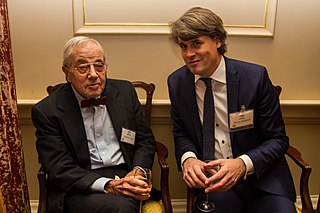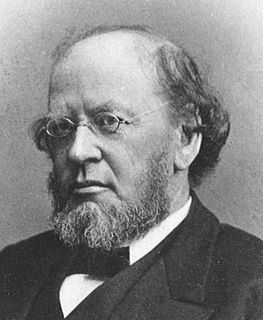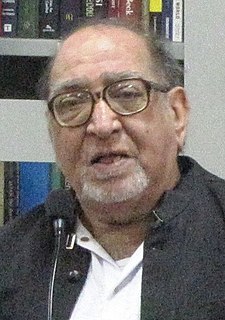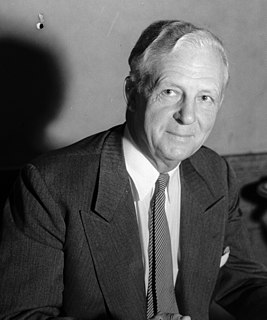A Quote by Guenter Lewy
I remain a religious agnostic, but, unlike most atheists, I not only am not hostile to traditional religion but consider it a highly valuable, not to say essential, social institution... I am convinced that the moral regeneration and repair of a frayed social fabric that this country so badly needs will not take place unless more people take their religion seriously.
Related Quotes
Among the more irritating consequences of our flagrantly religious society is the special dispensation that mainstream religions receive. We all may talk about religion as a powerful social force, but unlike other similarly powerful institutions, religion is not to be questioned, criticized or mocked.
I am convinced that the majority of the religious hierarchy today deplores the hardship inflicted on our people. I am referring not only to the martyrs but of the families who have been dispersed and terrified, who have no resources, and to the four million unemployed who are suffering from the economic chaos of a country which only a year earlier was giving employment to a million foreigners. Those who have chosen to serve God must feel profoundly sad at seeing ridicule poured on the most sacred principles of our religion.
I am as sure as I am of the fact of Christ's reign, that a comprehensive and centralised system of national education, separated from religion, as is now commonly proposed, will prove the most appalling enginery for the propagation of anti-Christian and atheistic unbelief and of anti-social nihilistic ethics, social and political, which this sin-rent world has ever seen.
The agnostic has a very curious notion of religion. He is convinced that a man who says 'I believe in God' should at once become perfect; if this does not happen, then the believer must be a fraud and a hypocrite. He thinks that adherence to a religion is the end of the road, whereas it is in fact only the beginning of a very long and sometimes very rough road. He looks for consistency in religious people, however aware he may be of inconsistencies in himself
Religion is a valid inquiry; whether society accepts it or rejects it, it doesn't matter. Man is a religious animal and is going to remain that way. Religion is something natural. To ask from where you come is relevant; to ask, 'Who am I?' is going to remain relevant always. But the modern mind has created a climate of atheism so you cannot ask such questions. If you ask, people laugh. If you talk about such things, people feel bored If you start inquiring in these ways, people think you are slipping out of your sanity. Religion is no longer a welcome inquiry.
Religion is an important institution. A nation without religion cannot survive. Yet it is also very important to note that religion is a link between Allah and the individual believer. The brokerage of the pious cannot be permitted. Those who use religion for their own benefit are detestable. We are against such a situation and will not allow it. Those who use religion in such a manner have fooled our people; it is against just such people that we have fought and will continue to fight. Know that whatever conforms to reason, logic, and the advantages and needs of our people conforms equally to Islam. If our religion did not conform to reason and logic, it would not be the perfect religion, the final religion.
Organized religion is in substance a mystification, a means of hiding the wickedness of the social system. If the Christian principles of love, equality, and freedom were really practiced instead of only preached, there would be no need for a special institution(the church) to take care of those principles.
I wouldn't say that religion has promoted the social progress of mankind. I say that it has been a detriment to the progress of civilization, and I would also say this: that the emancipation of the mind from religious superstition is as essential to the progress of civilization as is emancipation from physical slavery.
































